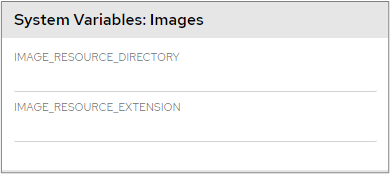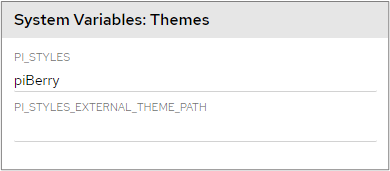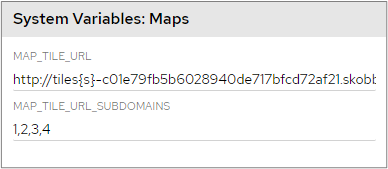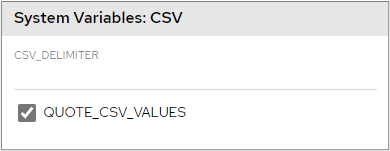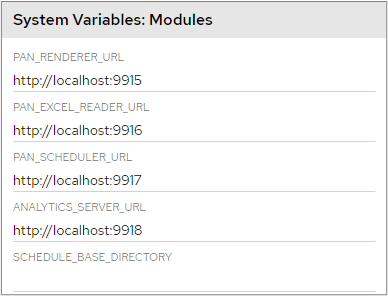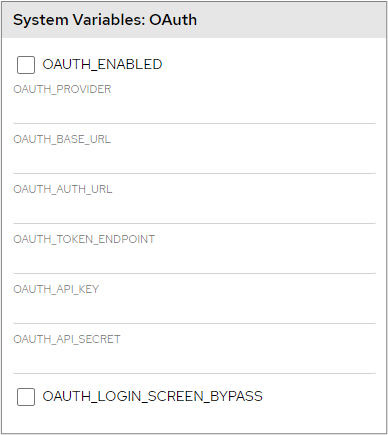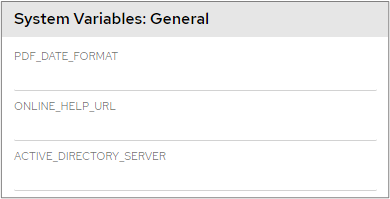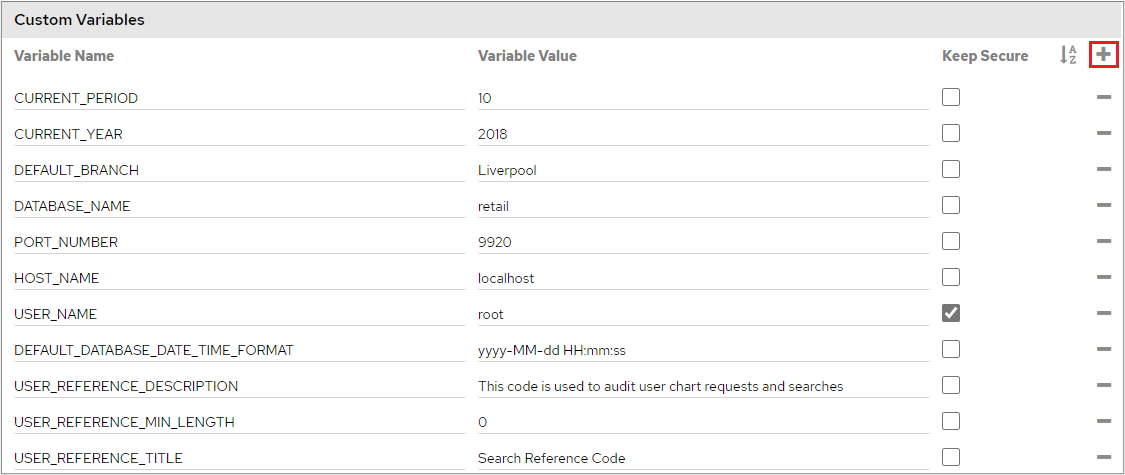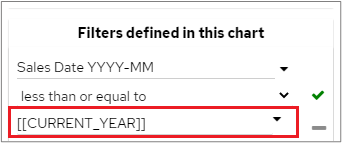System Variables
These are a series of, not necessarily related, variables that pertain to the general operation of the dashboard. Please refer to System Variables for more information.
Images: Here you can define the directory path in which images are stored for use in, for example, category object visualisation. You can also provide an extension, although, if null, it will default to .png.
Themes: Here you define the name of the default style (see ‘Themes’). The second field is to specify the web url directory of any external themes. Using this would make the themes read-only, so populating this disables the ability to edit themes using the piDashboard functionality.
Maps: This tells the dashboard where to go to use the map functionality. You shouldn’t need to change this, unless you have a licence for some other mapping service.
CSV: By default the Comma Separated Variable limiter is a Comma (the clue is in the name). But if your data itself contains commas you might want to choose another option. QUOTE_CSV_VALUES, if ticked, will enclose the values in quotes.
Modules: These are the URL’s of the assorted pi modules. If you have configured your instance to run on non-standard ports (as in this example) then you will need to change these to match what you configured in the initial install, otherwise the dashboard won’t know how to contact, for example, the Excel reader.
OAuth: These variables govern the OAuth authentication, if you are using it. More can be found in the Authentication of this guide.
General
PDF_DATE_FORMAT: Here you can overwrite the default date format (yyyy-MM-dd) that is used on the timestamp on system generated PDFs.
ONLINE_HELP_URL: Here you can specify a URL to take the user to online help.
ACTIVE_DIRECTORY_SERVER: This is now deprecated, it is NOT required for AD Authentication.
Custom Variables
This section contains a list of user maintainable variables. To create a new variable click the ‘Add’ icon in the upper right hand corner, a new blank line will then be created where you can enter the name of the variable and it’s current value.
Like User Variables, these variables can be utilised throughout the system, in this case by addressing them as [[VARIABLE_NAME]]. This functionality could for example be used in (not a definitive list!):
Default Values for Category Objects
Within the SQL Select Command
In Chart Filters
In a Data Connection
